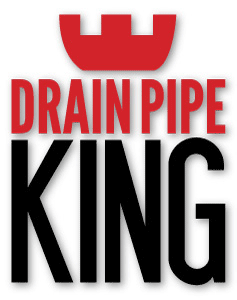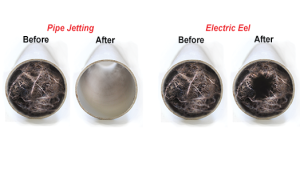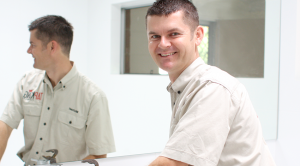 Gurgling sounds, slow drainage and odours are all symptoms that you may have a toilet blockage, which generally means a blocked pipe. Not all plumbers are able to unblock a drain as there are many different areas of plumbing such as:
Gurgling sounds, slow drainage and odours are all symptoms that you may have a toilet blockage, which generally means a blocked pipe. Not all plumbers are able to unblock a drain as there are many different areas of plumbing such as:
- Fixing taps and other general maintenance plumbing
- Installing hot water systems
- Underground sewerage pipes
- Roofing
- Setting up plumbing systems in new housing
- Renovation plumbing
Like any trade, a plumber may know a little about each area or lots about one specialised area. Those plumbers who specialise in unblocking drains, have equipment and knowledge that enables them to get to the root cause of the problem. This equipment requires a large investment from the plumber, in both their time and money. It takes years of experience to learn how to operate the tools properly in order for them to use it correctly and in turn, achieve great results. Without this specialised equipment and training, the toilet blockage may be cleared initially (or seem to be cleared) but will reoccur not too far down the track. It pays to get a plumber who specialises in this area and can provide a diagnosis and solution to the problem.
An effective plumber will unblock a toilet or drain using the below method:
- Firstly, the blockage needs to be located – a CCTV camera will be sent down the line to see what is causing the blockage so it can be removed entirely. Without a camera, it’s a stab in the dark
- A high pressure water jetter will then be sent in to clear all debris from the line so nothing is left behind; it is powerful enough to cut through tree roots
- The CCTV camera is then reinserted in the pipe to ensure there are no more obstructions. Depending on the cause of the blockage, they should then be able to offer advice on how this can be prevented (tree roots have a nasty habit of returning!)
It is important to choose a plumber who unblocks drains regularly especially blocked toilets, as they will have the expertise needed to make a recommendation on any further works which may need to be carried out. They should also offer “no dig” solutions to ongoing pipe problems. This will save both time and money in the long run.



